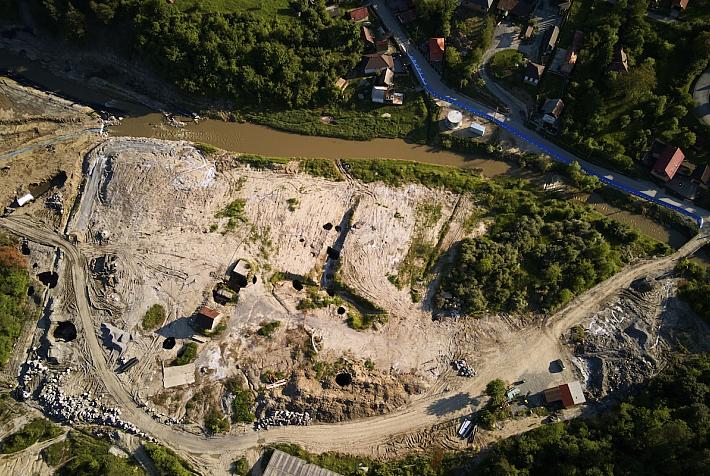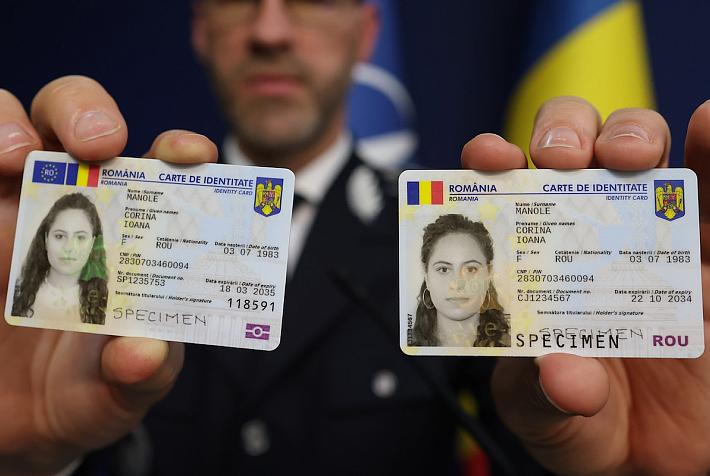Bucharest court rejects US request for extradition of 17-year-old Romanian student

In a ruling handed down on Tuesday, May 13, the Bucharest Court of Appeal rejected a request by US authorities for the extradition of a 17-year-old Romanian student. The youth is accused of sending hundreds of bomb threats and manipulating underage girls into engaging in acts of extreme violence, sexual exploitation, and self-harm.
Aside from rejecting the student’s extradition, the Romanian court also released him. The youth had been detained, provisionally arrested, or under house arrest from late January.
According to the case documents quoted by Agerpres, starting in September 2023, the Federal Bureau of Investigation (FBI) and other law enforcement agencies in the US and abroad investigated a global network of individuals, including minors, engaged in criminal activities through certain online groups.
Among the publicly stated objectives of these groups is the collapse of the current world order and the destruction of civilized society, by corrupting and exploiting young people around the world. US judicial authorities claim the Romanian student is a member of such online criminal groups.
In December 2024, the Romanian teenager was internationally wanted based on an arrest warrant issued by a judge in the Southern District of New York for multiple offenses, including the sexual exploitation of a minor.
He allegedly made the underage victims believe they were in romantic relationships with him, then directed them, among other things, to produce and share explicit sexual content and to engage in acts of violence, including severe self-harm and cruelty to animals. Sometimes, when a victim refused to provide explicit materials or to commit violent acts as instructed, the Romanian teenager would send bomb threats to US institutions, naming the girl who disobeyed him as the perpetrator.
These threats included at least several hundred false bomb threats to public institutions (synagogues, school districts, airports, hospitals, and government buildings) located in the United States, including New York, as well as in several foreign countries, including the United Kingdom.
After receiving the threats, public institutions were evacuated or temporarily closed, causing significant disruptions, panic, and financial losses. Additionally, law enforcement would go to the residence of the underage victim who was named or otherwise associated with the bomb threat, when in fact the threats had been sent by the Romanian student.
A girl from Westchester County, New York, was allegedly convinced by the teenager to tattoo his pseudonym on her skin and to send him nude photos of herself. He later sent false bomb threats to numerous schools and school districts in or around Westchester County, where he believed the girl lived, and asked recipients to contact the sender at an IP address associated with the girl.
"I have placed multiple bombs in all the schools in your districts. The bombs will go off in a few hours. Contact me, my IP address is: (victim’s address),” the alleged messages would say.
In 2024, another girl from Oklahoma was subjected to the same treatment. He threatened her that if she did not comply with his demands, he would send an email to her school containing her nude photos.
Questioned by Romanian and US authorities, the student admitted to the offenses attributed to him, namely that he learned how to make phone calls via various internet applications (including apps used to transmit numerous bomb threats) and that, since December 2022, he had sent over 450 bomb threats and/or threats to carry out a mass shooting at a school.
During the investigation, FBI agents interviewed six victims whom the Romanian student manipulated and extorted into engaging in acts of extreme violence, sexual exploitation, and self-harm.
(Photo source: Photo Ene | Dreamstime.com)













